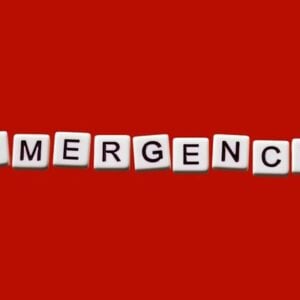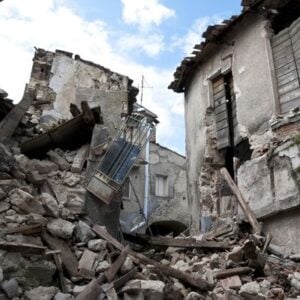Nigeria is taking significant steps to prioritize adolescent health, well-being, and development through multisectoral collaboration, in line with the National Health Sector Strategic Blueprint and the National Policy on Health and Development of Adolescents and Young People. This commitment was reinforced at the National Policy Dialogue on the Future of Adolescent and Youth Sexual and Reproductive Health and Development (AYSRH&D), held in Abuja. The two-day event brought together key stakeholders to shape sustainable national programmes that place young people at the center of decision-making.
The dialogue was convened by the Society for Family Health in partnership with the Federal Ministry of Health and Social Welfare, the Federal Ministry of Youth Development, and State Ministries of Health from Kano, Kaduna, Kwara, and Nasarawa. It brought together representatives from Ward Development Committees, members of the National Assembly, WHO, the Nigeria Governors Forum, Nigeria Health Watch, youth-led organizations, traditional institutions, and private sector partners. The central goal was to integrate adolescent and youth health into Nigeria’s development agenda, unlocking the potential of the country’s young population to contribute to long-term growth.
WHO played a pivotal role by introducing tools such as the Framework for Multisectoral Actions on Adolescent Health and the Meaningful Adolescent and Youth Engagement (MAYE) Framework. These guided discussions on how to strengthen national strategies while ensuring meaningful youth participation. The event also reflected Nigeria’s alignment with WHO’s AA-HA! 2.0 global guidance, aimed at advancing adolescent health as part of achieving Universal Health Coverage, the SDGs, and regional commitments.
Key discussions emphasized building stronger collaboration across ministries and sectors, closing gaps in programme implementation, and embedding youth-centered approaches into policy and practice. WHO presented insights from its work in Nigeria since 2020, including reviews of national policies, development of monitoring tools, and support for state-level programme rollout. UNICEF has since expanded these efforts to nine additional states, reflecting growing momentum across the country.
Stakeholders reaffirmed their strong commitment to adolescent and youth health, recognizing the essential role young people play in shaping and sustaining these programmes. Voices from the dialogue highlighted the importance of meaningful youth involvement in planning, implementation, monitoring, and evaluation. Stakeholders also agreed on shared commitments to strengthen accountability, multisectoral partnerships, and community-level action.
The dialogue concluded with an endorsed vision for accelerating adolescent and youth health programming, particularly at the subnational level. WHO pledged continued technical support to Nigeria in strengthening its adolescent health systems. Central to these efforts is ensuring that young people’s voices remain at the heart of national policies and initiatives, paving the way for healthier and more empowered generations.







